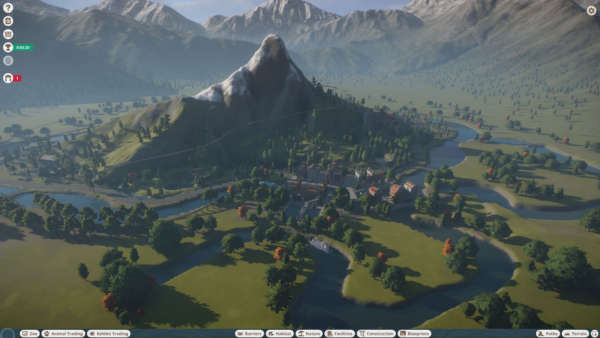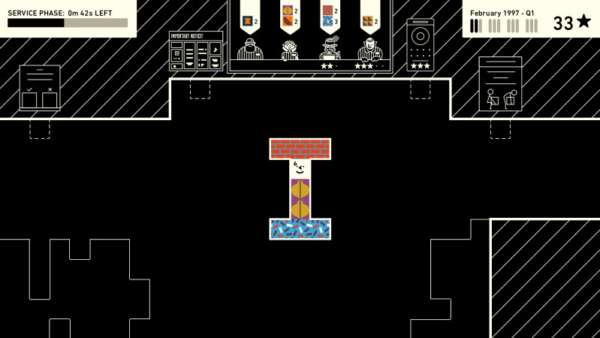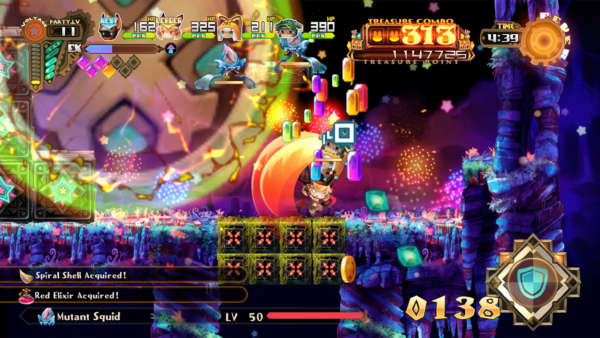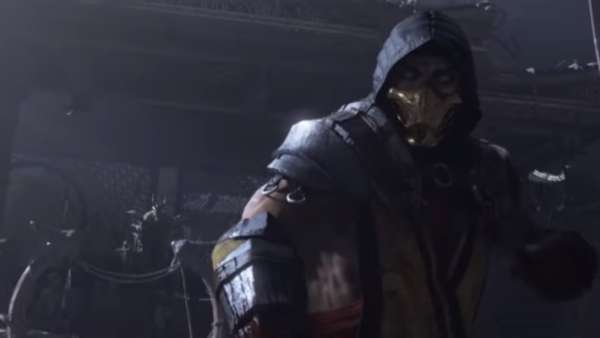Pulse puts you in the shoes of a young girl named Eva, who has betrayed her parents’ wishes and decided to take a pilgrimage through some dangerous land. The nice little twist in this story is that Eva is blind, meaning she doesn’t see the world as it is but instead sees it through sound in some form of echolocation, meaning that Eva can only see the world how she imagines it. This use of blind character/echo-location combination is becoming more common in games. We’ve seen it in the cutesy, water coloured world of Beyond Eyes and we’ll also be seeing it next year in the horror title; Perception. Each of these games uses this gameplay combination in order to experiment with both the visual and narrative sides of a video game, in some ways it does prove that video games are an art form, but art can only push a video game so far, before it loses the entertaining ‘game’ element of things.
Pulse often boasts that it is a narrative-driven gaming experience, many titles have called themselves the same thing through recent years and have proved it by delivering unique narratives that leave players in awe. Pulse does not achieve this, the story does not feel unique and ultimately ends up being a tale we have all heard before, and outside of the story there isn’t really much to this title. First off, the game ends before the story can really encapsulate the player. By the time players get the hang of the game, get to know the character of Eva and the world around her, it’s pretty much all over, giving Pulse no depth. Short games aren’t necessarily a bad thing, in fact they can be a breath of fresh air from the sheer number of titles that are designed to take days upon days worth of hours in order to complete, but Pulse suffers due to the fact it takes its short game time to the extreme and can be completed in roughly and hour or so, for the price of £11/$15 that’s not incredibly balanced for your wallet.







